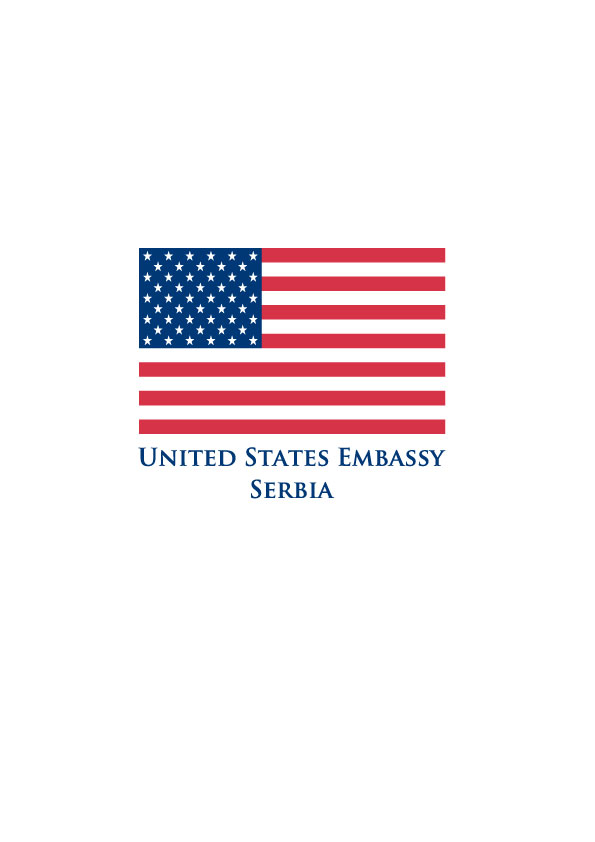Overall coordination and implementation
Implementation of project activities in Serbia
UniCredit Foundation
Erasmus+ Programme of the European Union
UNICEF Serbia with support of NELT company
Implementation and coordination of the project activities in Serbia
#edufocus article 1: Reconstructing Sustainability and Inclusion in Environmental Education
• Preparation of the final Framework for monitoring and evaluation of dual education;
• Development and implementation of training for representatives of institutions and bodies for the implementation of the Framework for monitoring and evaluation of dual education;
• Preparing a report on the implementation of the National model of dual education based on self-evaluation and external evaluation;
• Conducting an analysis of training needs for different groups of school employees, as well as developing and implementing training based on the results of the analysis.
Coordination and implementation of the project in Serbia
Foundation "Remembrance, Responsibility, and Future" from Germany
https://www.centropa.org/en/imemory

Policy briefs:
A proposal for the improvement of education policy related to supporting students in the transition from primary to secondary education (in Serbian language)
A proposal for the improvement of education policy in the area of intersectoral cooperation at the local level related to supporting students from vulnerable groups (in Serbian language)
Project coordination and implementation
Ministry of Education / European Union
Overall coordination and implementation

Published:
Reports and policy briefs for other project beneficiaries will be published at ARISE website.
Project on social media:
Council of Europe
Publication „How to obtain democratic culture in schools – good practice examples“ (available in Serbian language)